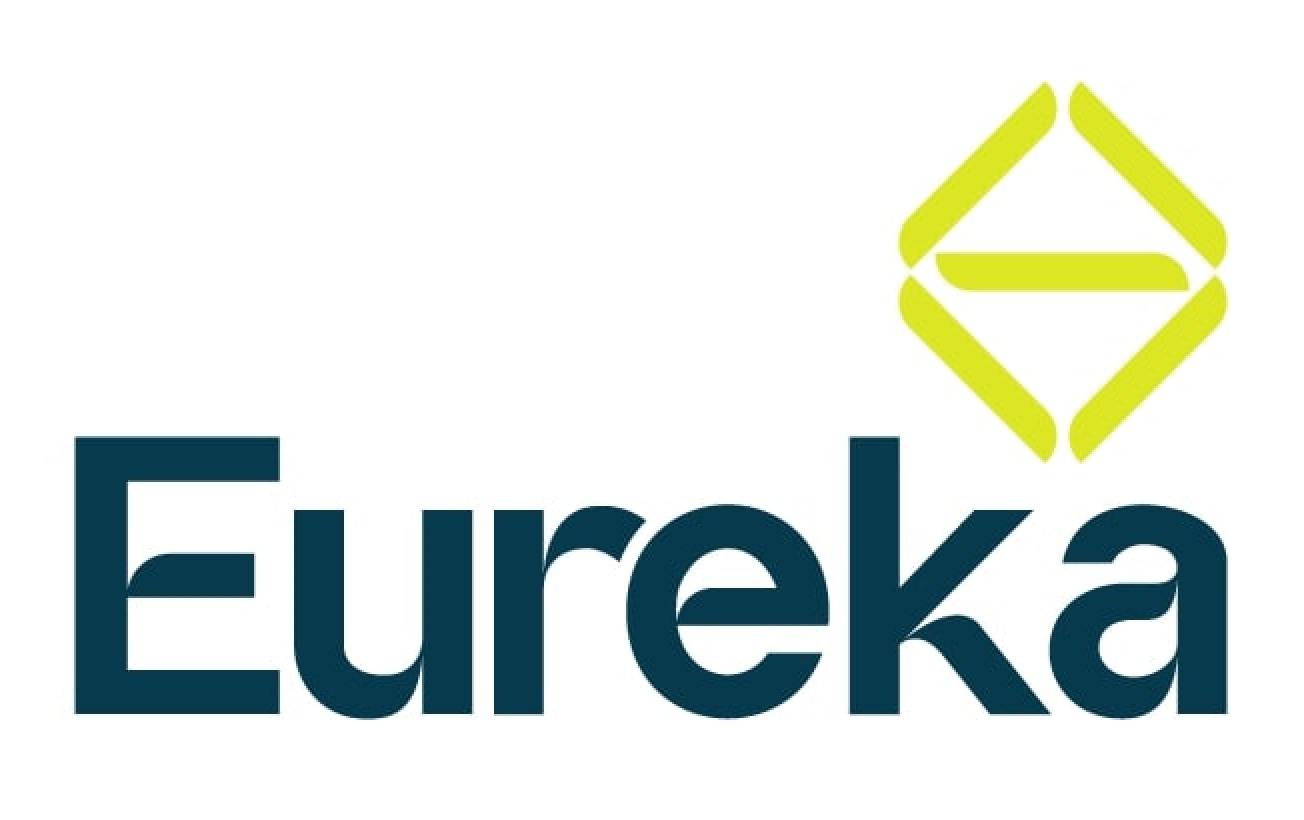Trapped in unhappiness: why we stay in jobs we despise and how to break free
It's a puzzle: Why do people stay in jobs that make them unhappy, sometimes for decades? The answer isn't simple or the same for everyone. But understanding the 'why' can help us take steps towards change.
Understanding the 'why'
Comfort zone:
The familiar, no matter how dull, feels safe. This comfort zone becomes a trap, offering the illusion of security while holding us back.
Fear of the unknown:
Change is scary. It's a leap into the unknown, and that fear can freeze us in place. The thought of starting over, of maybe failing, can be scarier than staying put in a bad situation.
Financial security:
Practical needs often come first. The need for a steady income, benefits, and financial security for ourselves and our families can keep us in unsatisfying jobs.
Self-worth and identity:
For many, a job is more than a pay check; it's part of who they are. Admitting that this part of their life is unhappy can feel like admitting failure, shaking their self-confidence.
Recognizing the signs it's time to move on
Physical and emotional toll:
Burnout doesn't happen overnight. It builds up from days, months, and years of stress and unhappiness. Noticing the toll on your body and mind is the first step in realizing you need a change.
Stagnation:
When you stop growing and learning, you're stuck. It's a clear sign that it's time to look for new challenges that excite you and make you want to learn more.
Impact on relationships:
Unhappiness at work doesn't stay at work. It spills over into your personal life, hurting your relationships and your overall happiness.
Taking the leap - steps to embrace change
Self-assessment:
Think about your skills, what you love, and what you really want from your career. This self-reflection will guide you to a more fulfilling job.
Exploring options:
Look into new opportunities, connect with others, and think about different industries or roles. The world is big, and so are the chances out there.
Financial planning:
Changing careers doesn't have to be a risky money move. With careful planning, you can make the change smoother and less worrying.
Professional help:
You're not alone. Get help from career coaches, mentors, or recruitment experts like Eureka. Their know-how can be priceless when dealing with the twists and turns of a career change.
Resources and support
Online courses and workshops:
Learning new skills can open doors to new chances. Use online courses and workshops to boost your abilities.
Networking groups:
Groups and platforms like LinkedIn can give you support, advice, and connections that are key during a career change.
Mental health support:
Your mental health is key. Get support during times of change to make sure you're not just getting by, but really doing well.
Staying in a job that makes you unhappy is like wearing shoes that don't fit. It's uncomfortable, it slows you down, and in the end, it's bad for you. Don't let fear or comfort stop you from going after a job that makes you happy and satisfied. Remember, it's not just about making a living; it's about making a life.
Share our insights
Recent insights




